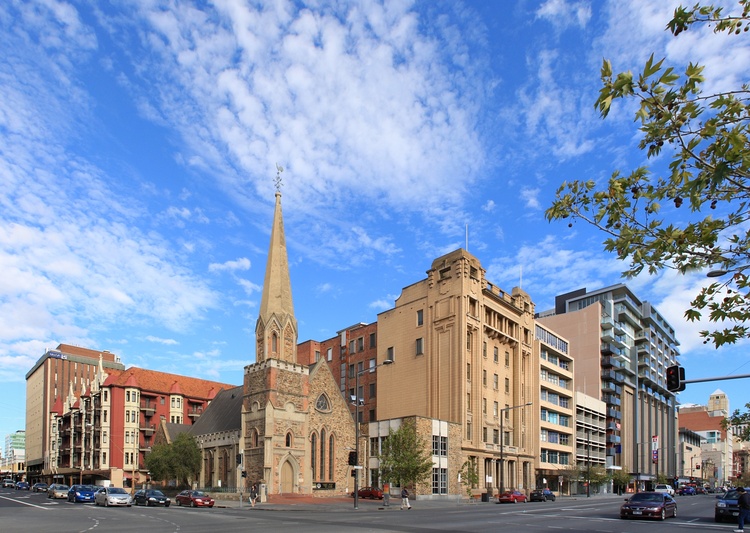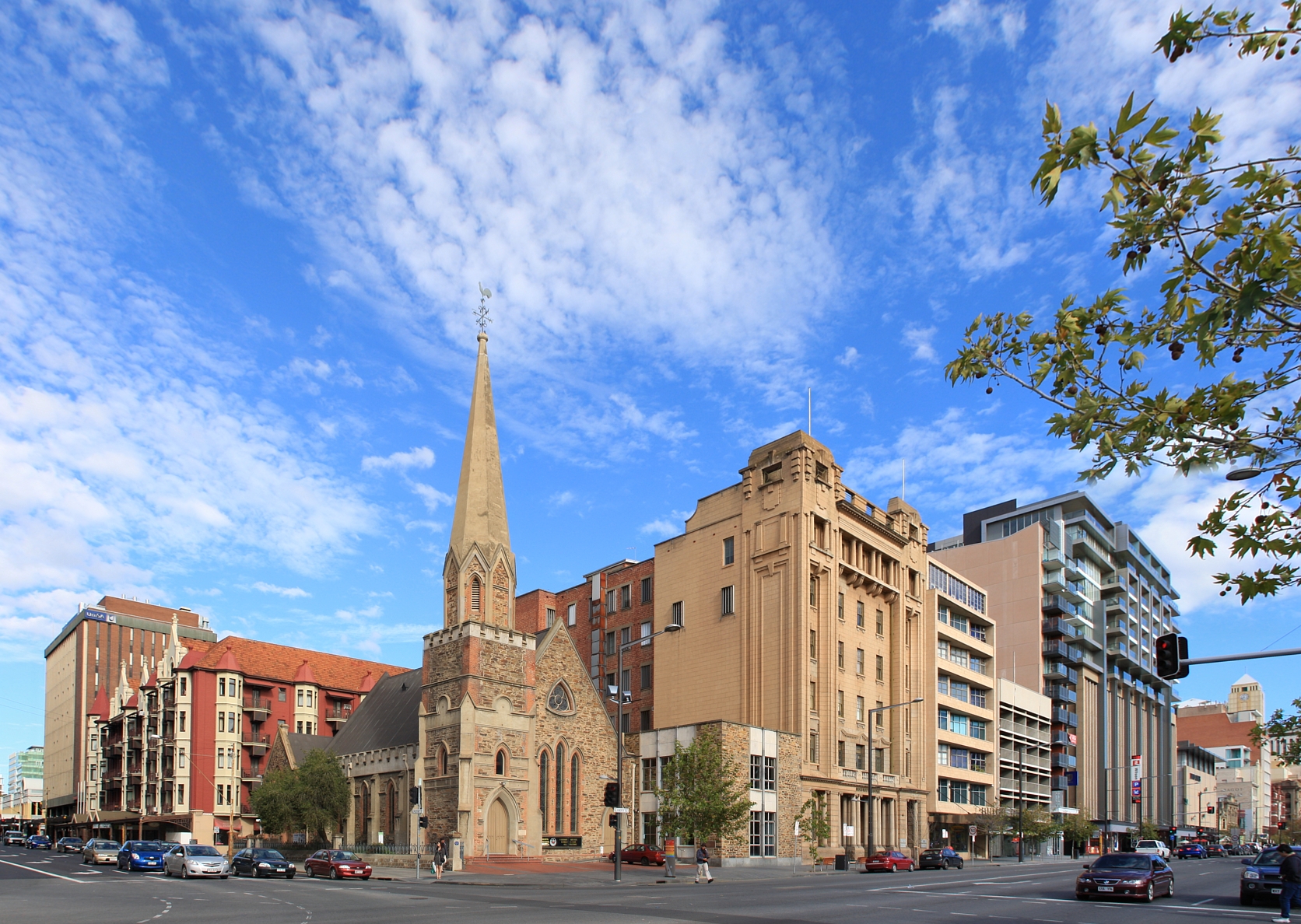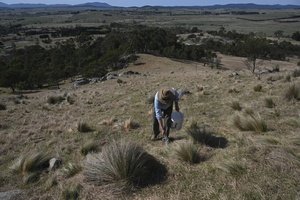Immigration Minister David Coleman on Friday announced the initiative amongst national speculation on population growth and urban planning.
Under the plan, there will be priority processing for visas sponsored by employers in regional areas, as well as agreements where local councils are able to sponsor workers from overseas.
Coleman said these initiatives will support regional employers to get the skilled workers they need to grow and develop their businesses.
“There are a number of regions outside Sydney, Melbourne and South East Queensland which are calling out for skilled migrants,” he added.
“These regional initiatives will help these communities and local businesses attract migrants where they are needed most.”
Where Australian workers are not available, visa settings can be tailored to suit the needs of specific regions through tools such as Designated Area Migration Agreements (DAMAs).
The Northern Territory recently signed its second DAMA agreement, and Warrnambool on Victoria’s Great South Coast is expected to sign one soon.
Coleman said the government is significantly expanding the DAMA program, with officials from the Department of Home Affairs already in discussions with a range of regions that are experiencing labour shortages to see whether a DAMA could be put in place to supplement the local workforce.
“Training and skilling Australians is one of our top priorities, but there is a need for additional workers to supplement the workforce, particularly in regional areas,” Coleman said.
“DAMAs provide flexibility for regional employers to sponsor migrant workers, as well as incentives to migrants to live and work in regional areas, including by creating a pathway to permanent residence.
“There are economic gaps in regional areas which immigration can help to fill, and that is exactly what we are doing through these new or expanded measures.”
Migrants will also have their visas cancelled if they leave designated areas.
"The visa will require people to work in that area," Coleman said.
"You can't just go and work somewhere else."
He said that relocating migrants might be able to seek another visa but it would be “unlikely” they would obtain it “and they would not be able to obtain permanent residency”.
In 2004-05, 120,060 permanent visas were granted to migrants, of which 8711 went to Italian nationals, according to a report published by the Swinburne University of Technology.
The current national immigration intake cap is set at 190,000, although Prime Minister Scott Morrison recently announced plans to reduce intake by about 30,000 migrants each year.
Nevertheless, there is plenty of room within that intake for Italians wishing to relocate to Australia to facilitate their visa application, by expressing willingness to move to regional zones.
Regional areas generally include anywhere except Sydney, Newcastle, Wollongong, Melbourne, Brisbane and Perth, although it varies slightly depending on visa type.
Information on visa options for regional communities and prospective regional migrants is available on the Department of Home Affairs website.












